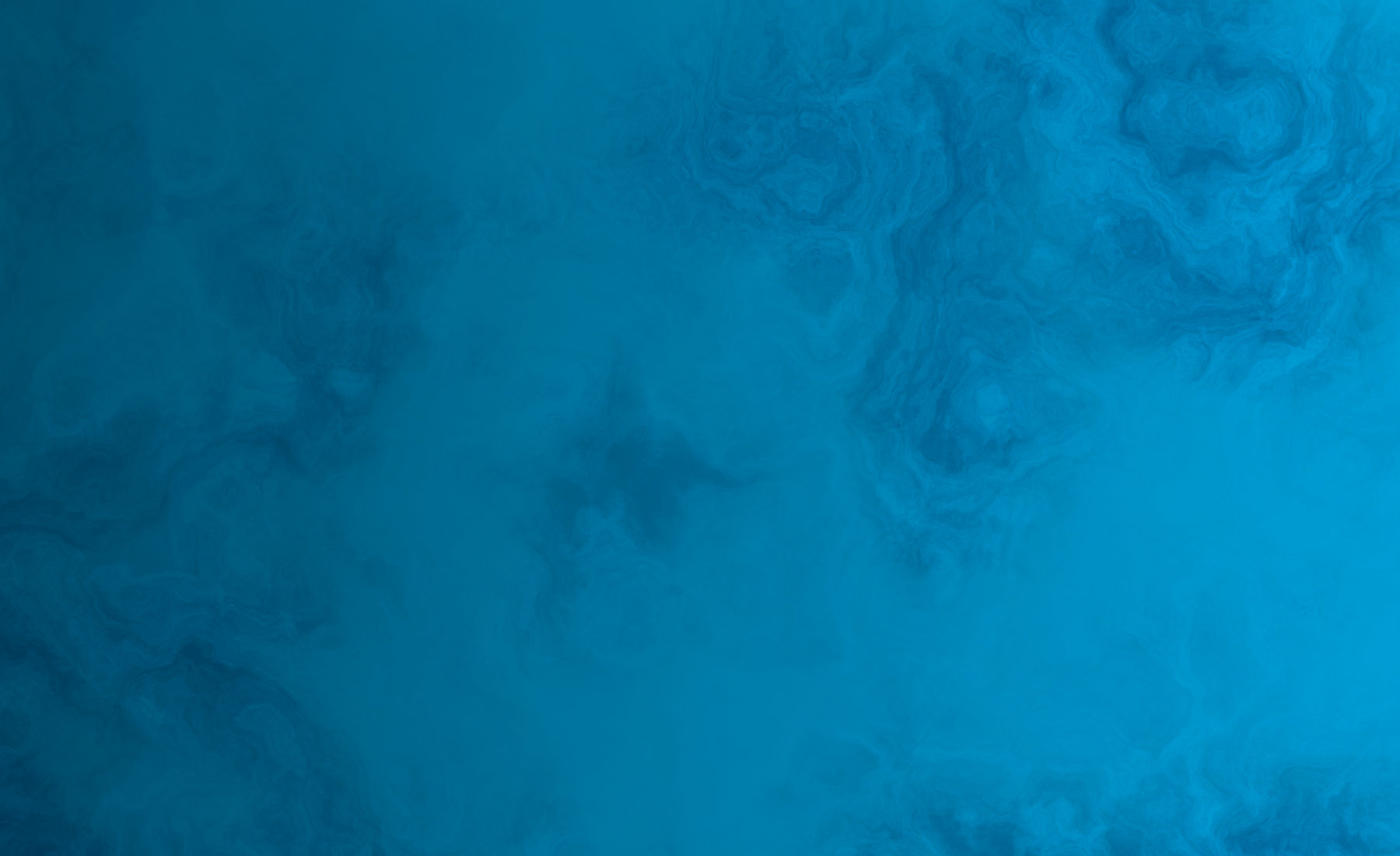Soteekin päiväkirjat -blogi on kurkistus Satakunnan ammattikorkeakoulun Palvelukeskus Soteekin arkeen. Mitä harjoittelujaksoa tekevät fysioterapeutti-, sairaanhoitaja- ja sosionomiopiskelijat haluavat kertoa Soteekki-matkastaan? Entä missä tehtävässä liiketalouden opiskelijat ovat sosiaali- ja terveysalan palvelukeskuksessa? Blogi tuo esille Soteekin erityispiirteitä opiskelijan näkökulmasta.
Strong together.
INTROVERTTINA SOTEEKISSA
Tähän heti kärkeen haluan kertoa, ja muistuttaa, että seuraava teksti on kirjoittajan oma, henkilökohtainen kokemus asiasta. Meitä introvertteja on juuri niin monta erilaista, kuin on ihmisiäkin, ja koemme asiat jokainen omalla tavallamme. Eli kokemustani ei missään nimessä voi yleistää, että …
Suomen itsenäisyyspäivä
Suomen itsenäisyyspäivää juhlitaan Suomessa 1917 tapahtuneen itsenäistymisen kunniaksi. Itsenäisyyspäivää juhlitaan vuosittain 6. joulukuuta. Itsenäisyyspäivä on pyhäpäivä, jota vietetään valtakunnallisesti palkallisena vapaapäivänä. Tänä vuonna 2024 itsenäinen Suomi täyttää 107 vuotta! Soteekkilaisten itsenäisyyspäivä Kysyimme myös Soteekissa tällä hetkellä harjoittelussa olevilta opiskelijoilta heidän …
MITÄ TAPAHTUU SAMK:IN MYSTEERIHUONEESSA?
MIKÄ ON PELISELLI? Olemme molemmat toisen vuoden opiskelijoita sosiaalialan ja fysioterapian tutkinto-ohjelmista, mutta ennen Soteekki-harkkaa tila ei ollut meille tullut tutuksi syystä tai toisesta. Kysymys on siis meillekin lähihistoriasta tuttu. Peliselli on lähtökohtaisesti RoboAI tutkimuskeskuksen toimintaa, eikä se aikaisemmin ole …
Soteekki – Yksinkertaistettuna
Soteekin konsepti Soteekki on monipuolinen, monikäyttöinen oppimisympäristö, jonka avulla opiskelijat voivat kokea erilaisia tosielämän tilanteita, joita opiskelijat saattavat kohdata tulevissa ammateissaan. Se on avoin hoitotyön, fysioterapian ja sosiaalityön opiskelijoille. Tämä harjoitteluympäristö sisältää useita palveluita ja asiakkaita lapsista ikääntyneisiin, jolloin opiskelijat …
Sosiaalinen media ja Sotealan ammattilaiset
Jos nyt olisi vuosi 2014, sanoisin, että Some on nouseva trendi. Vuonna 2024 se on jotain paljon vaikeammin määriteltävää. Se on jotain, mitä osa ihmisistä hengittää huomaamattaan. Toiset suhtautuvat siihen uteliaasti (arastellen tai innoissaan), osa taas turhakkeena. Sukupolvi vaikuttaa suhtautumiseen, …
Jatka lukemista ”Sosiaalinen media ja Sotealan ammattilaiset”
Blogisarja: fitnesstä ja fysioterapiaa (osa 5)
Fitneksen varjopuolet Ensimmäisenä haluamme korostaa, että monet seuraavista asioista, joita käsittelemme, perustuvat urheilijoiden omiin kokemuksiin sekä osa tiedoista on viitattu lähteeseen. Jokainen kokee lajin omalla tavalla ja jokaisella on varmasti omanlaisensa haasteensa lajin parissa, jos niitä esiintyy. Täytyy kuitenkin muistaa, …
Jatka lukemista ”Blogisarja: fitnesstä ja fysioterapiaa (osa 5)”
Blogisarja: fitnesstä ja fysioterapiaa (osa 4)
Fitnessurheilijoiden omia kokemuksia Alla näette toisen haastateltavamme omia kokemuksia ja ajatuksia lajista. Saara, 23 v., Team Step2Fit, Bodyfitness Toisena haastattelimme Saaraa. Hän on 23-vuotias ja edustaa Team Step2Fit tiimiä. Hänen lajinsa on Bodyfitness (Body fitneksessä tavoitellaan suurempaa lihasmassaa kuin bikinifitneksessä). …
Jatka lukemista ”Blogisarja: fitnesstä ja fysioterapiaa (osa 4)”
Blogisarja: fitnesstä ja fysioterapiaa (osa 3)
Fitnessurheilijoiden omia kokemuksia Haastattelimme jo kilpailleita fitnessurheilijoita. Kysyimme heiltä muutamia kysymyksiä ja sen lisäksi he saivat kertoa omin sanoin lajistaan. Alla on ensimmäisen haastateltavan omia kokemuksia ja ajatuksia lajista. Riia, 20 v. Team Piukat Paikat, Bikinifitness Toinen haastateltavamme on Riia. …
Jatka lukemista ”Blogisarja: fitnesstä ja fysioterapiaa (osa 3)”
Blogisarja: fitnesstä ja fysioterapiaa (osa 2)
Kohti kisalavoja Aloitin kuntosaliharjoittelun säännöllisesti elokuussa 2021. Silloin treenasin tavallisia kuntosaliliikkeitä ilman valmentajaa. Tällöin harjoittelustani puuttui päämäärä ja progressiivisuus eli kehittymiseni ei ollut optimaalisinta ja nopeinta. Aluksi harjoittelin kuntosalilla noin 3–5 kertaa viikossa. Jälkeenpäin ajateltuna treenini olivat aika yksipuolisia sekä …
Jatka lukemista ”Blogisarja: fitnesstä ja fysioterapiaa (osa 2)”

